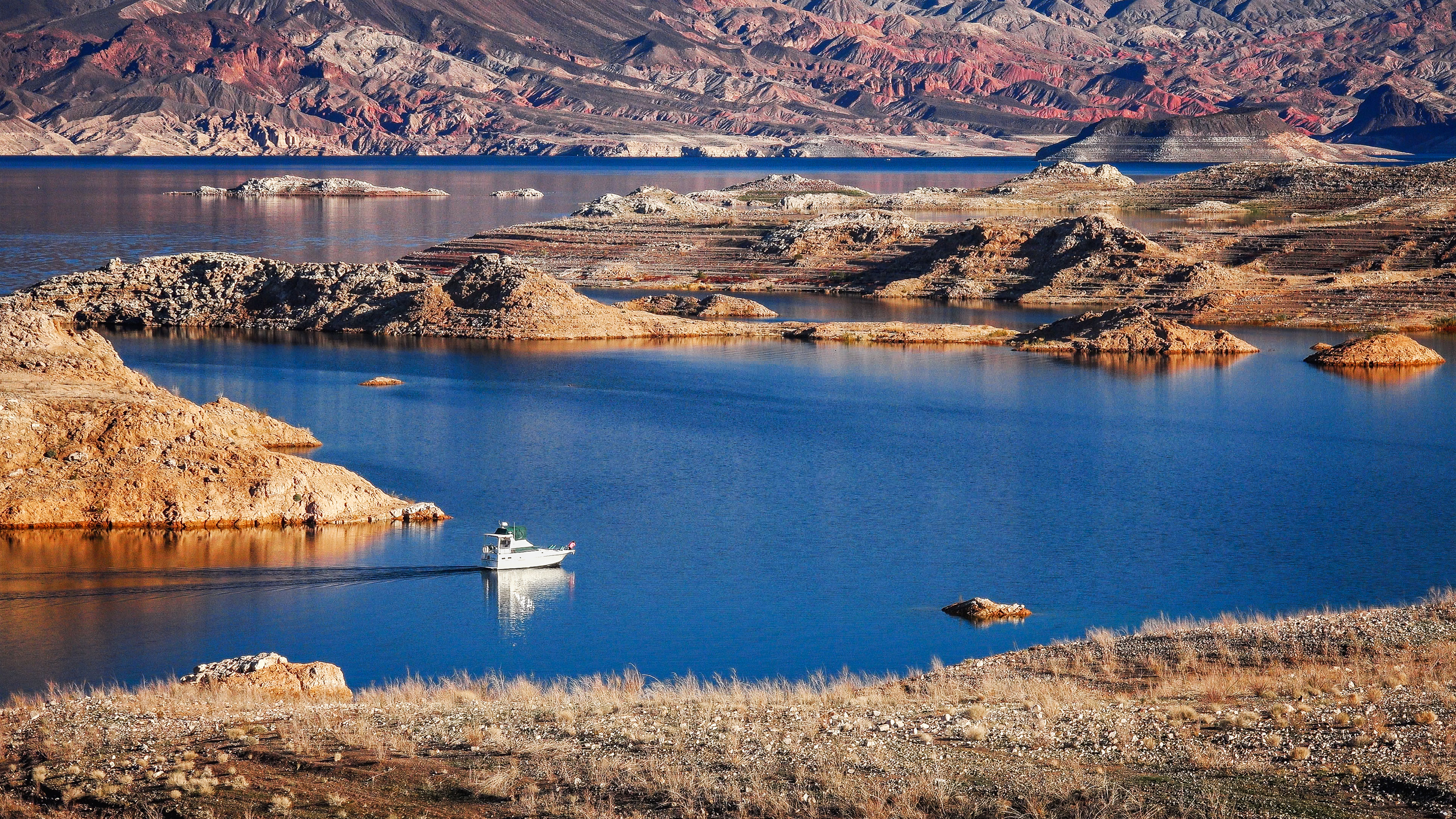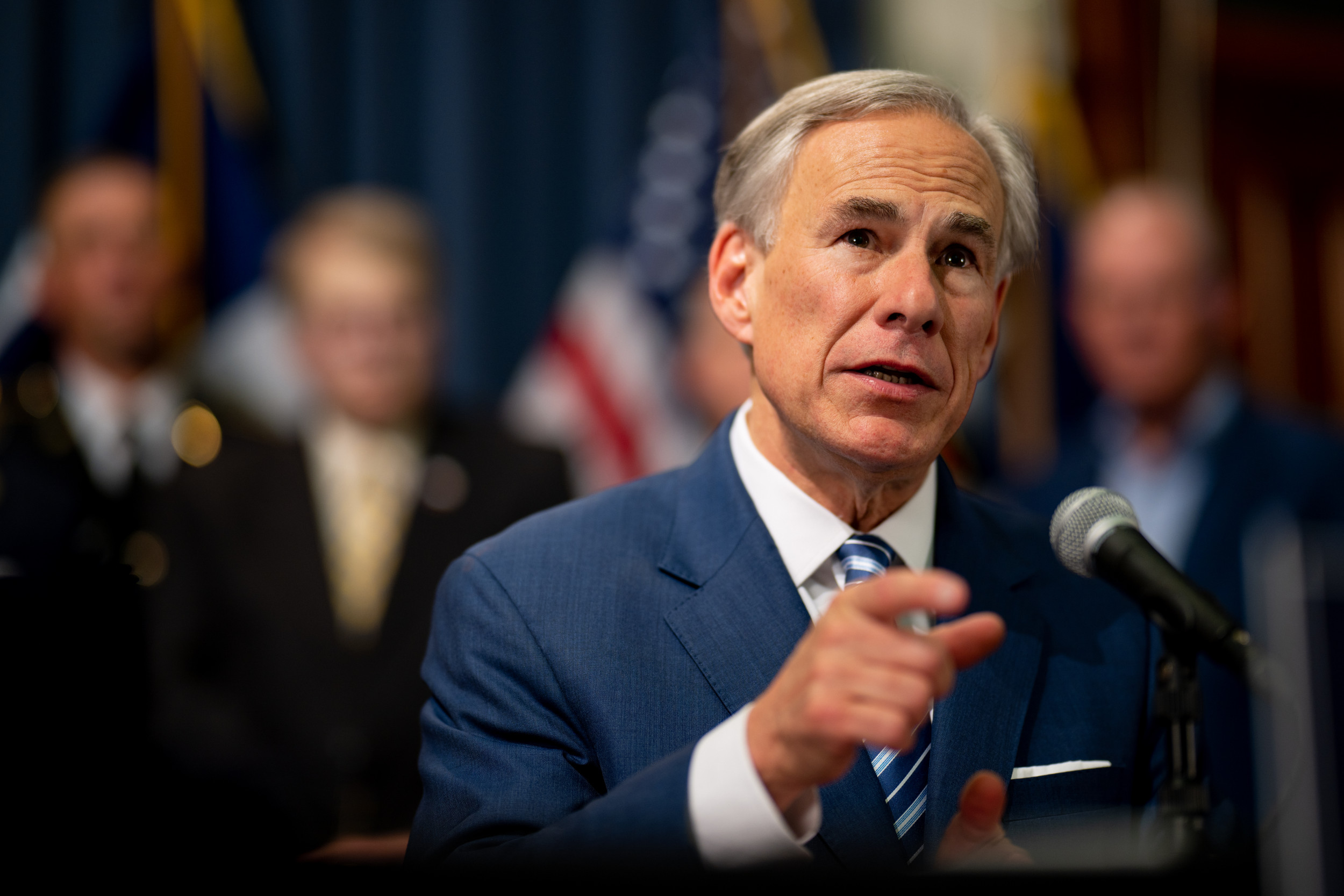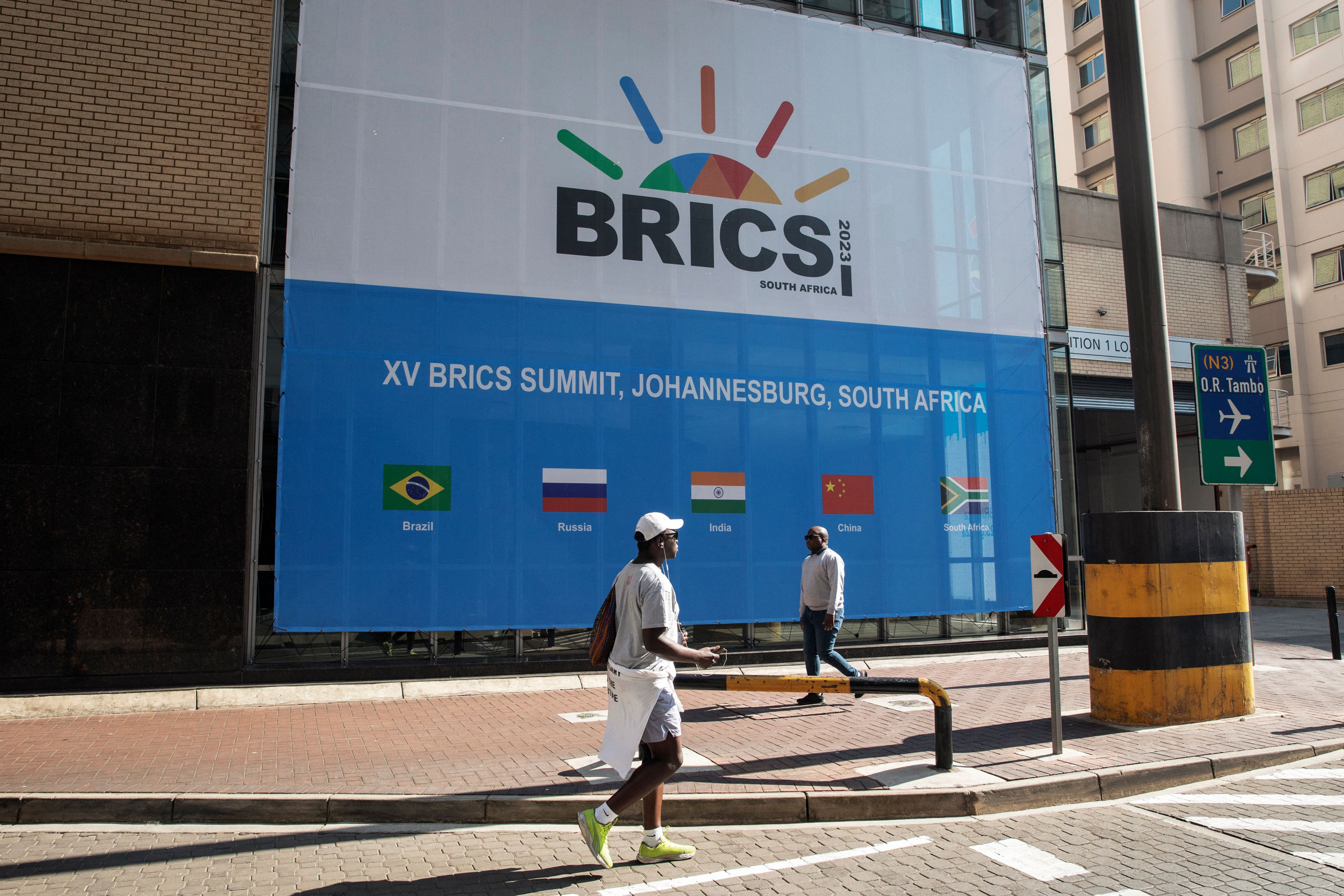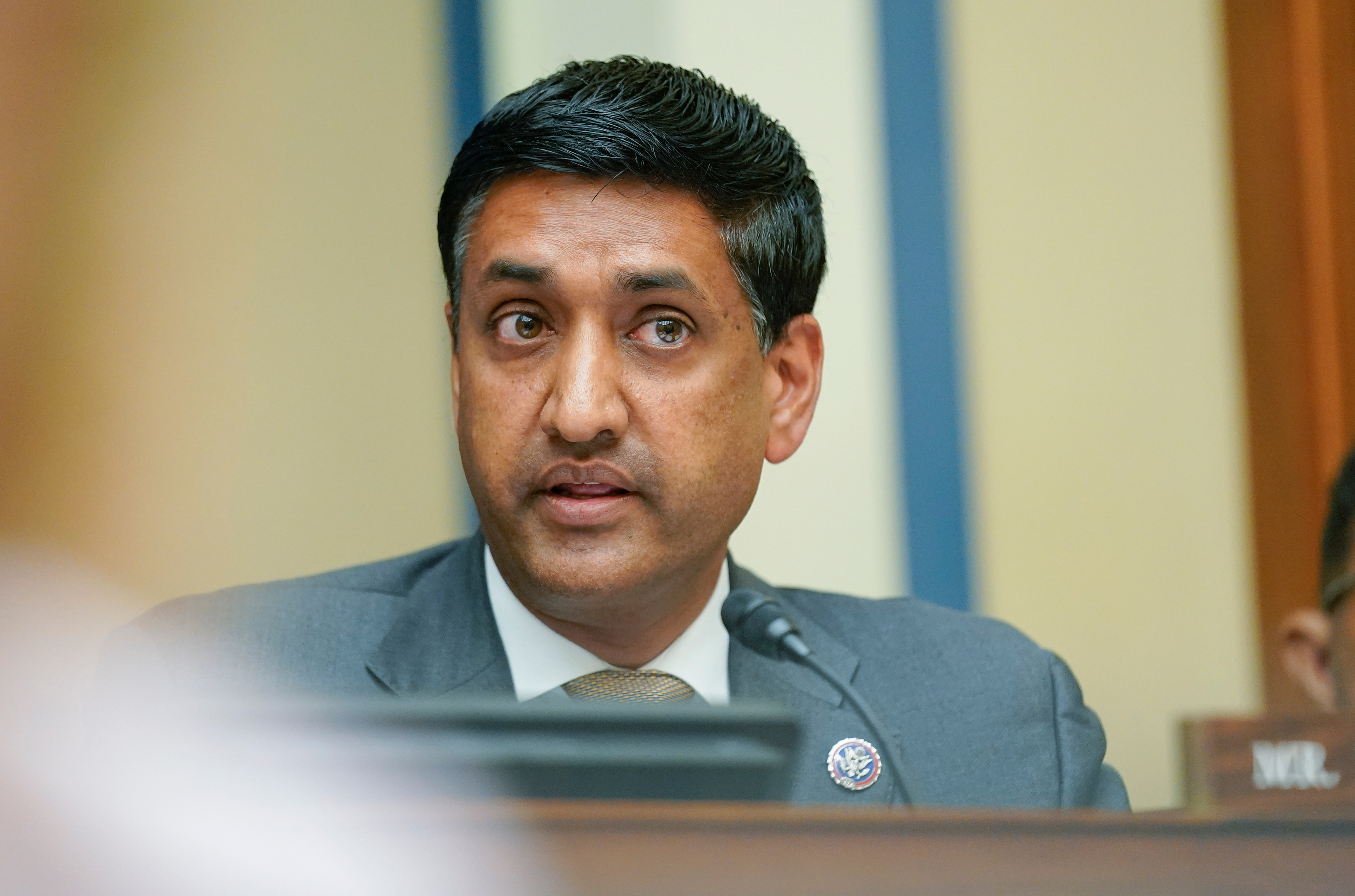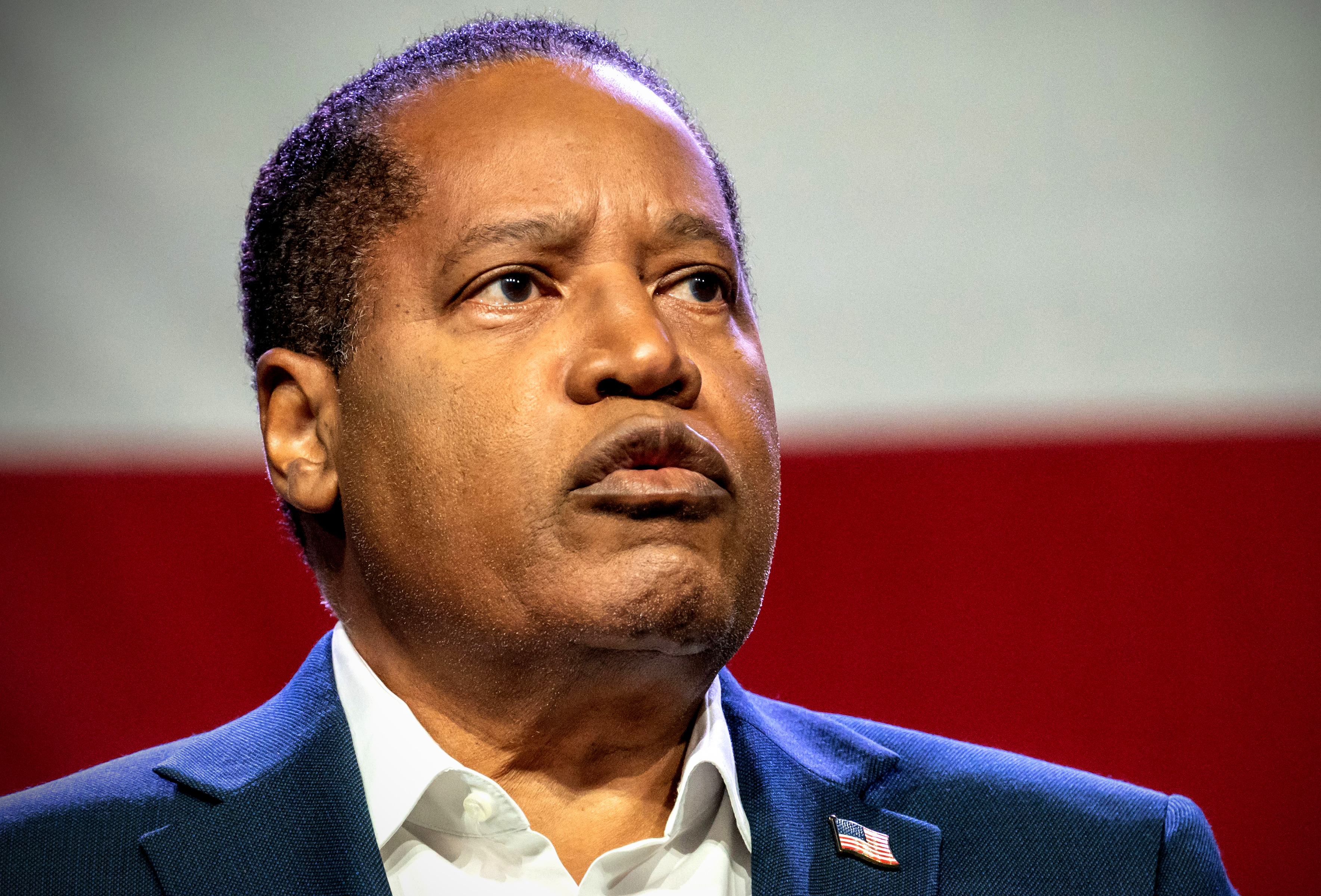Let us travel back in time to April 9, 1999. It was the middle of hot season in the West African country of Niger and 120 degrees in the shade. Jocelyn, one of the authors, was a newly minted Peace Corps volunteer and had recently arrived in a rural community 60 miles south of Niamey, the capital, where she would spend the next two years. That day, President Ibrahim Bare Mainassara and five other people were shot dead at the airport, a mutiny by his presidential guard. But there was no international outcry, no evacuation of Americans and Europeans. Jocelyn was told to stay put in the small community where she was living. Life went on as usual.
Fast forward to today. On July 26, 2023, another military coup occurred in Niger. Neither President Mohamed Bazoum nor his associates were killed in this bloodless, and mainly nonviolent, coup. And yet, as compared with the violent seizing of power in Niger in 1999, and lack of international outcry that followed, today's response borders on hysteria.
Western countries evacuated all but essential personnel from their embassies in Niger. The Economic Community of West African States (ECOWAS) threatened military intervention should Bazoum not be restored to power, although the junta seems to be calling the bluff. This response is far different than the international response to other recent coup d'états that occurred in Mali, Burkina Faso, Chad, and Guinea between 2020 and 2022. Why is Niger so important? Or rather, why is this particular coup garnering so much international attention?
Democracy in Niger is nascent. Niger has weathered six coups since independence in 1960 and only held its first constituency-based direct election in 1993. Democratic ideals were first imposed on francophone West African countries like Niger by France, their colonizer, at independence in the 1960s. This was after nearly a century of colonial powers subjugating, marginalizing, and restricting the number of people who could access even basic education. Until independence, colonial governments served the needs of the colonial master, not the needs of the people. Although the introduction of universal suffrage and parliamentary systems seems noble, scholars note that the structures of these new governments were built to reflect and serve France.
After independence, democracy was further imposed on former colonies during implementation of the World Bank's notoriously harsh Structural Adjustment policy in the 1980s, which led to the adoption of local elections, establishing mayors and local councils, in return for financial assistance. In the meantime, these countries still maintained their functional, and in many ways more legitimized, traditional chief structures, which continued to operate in parallel, even today. In this case, we must ask: Whose democracy is truly at risk?
Among West Africans, there is a broad perception that France has received too many advantages over the years and exploits its "favored nation" status, meddling in the independent affairs and politics of African nations, known as Françafrique. As juntas seized power in Mali, Burkina Faso, Chad, and Guinea, they pointed to these exploitative policies as well as France's inability to bring security to a region plagued by violent extremism since the early 2000s. Post-coup, both Mali and Burkina Faso hired Wagner Group mercenaries with the goal of restoring security, hoping that they might succeed where the French failed. At recent pro-coup rallies in Niger, protestors flew the Russian flag, indicating that the pivot away from France and its allies toward Russia is gaining momentum and scale.
This is bad news for France and the U.S., who have relied on Niger's relative success as a stable and cooperative democracy, perceiving it to be the West's last democratic stronghold in a turbulent region plagued by coups and violent extremist organizations. As a result of its stability and cooperation with Western priorities, money poured in—huge projects from the World Bank, Millennium Challenge Corporation, and others.

The Nigerien government, under President Bazoum and former President Mahamadou Issoufou, accepted French and American military support with open arms. The U.S. famously invested $110 million in its air base there, one of only two bases in Africa. The international community's outsized response reflects this perception that something is being lost: access to military bases and geopolitical influence, and for the French, access to 20 percent of the uranium it needs for nuclear fuel as well as its favored nation status.
Let us be frank: The recent hysteria over the coup in Niger is about waning Western influence and power in a rapidly changing world. The West's concern for democracy is correlated with how much it stands to gain, or, in this case, to lose. Perhaps Niger's new ties with Russia will bring security and prosperity to the average Nigerien. Or perhaps, as aid packages have been suspended and regional sanctions imposed as a result of the coup, life will become harder and more bleak in Niger, and Nigeriens will wish they had supported Bazoum when they had the chance. Only time will tell.
Jocelyn Farrington is a senior expert with Africa Experts Incorporated, a women-led Senegalese company she co-founded in 2019. She has spent her professional career in West Africa and started a nonprofit, Naney Incorporated, which works in the Nigerien community where she was a Peace Corps volunteer. She has an MA in development management from American University.
Emilie J. Greenhalgh is an international development consultant and coach with more than a decade of experience working in transitional and conflict-prone countries, including nearly three years based in Niger. She holds an MA in international relations and economics from the Johns Hopkins School of Advanced International Studies and currently resides in Indonesia. You can find her on Instagram and Twitter at @emilieonthemove.
The views expressed in this article are the writers' own.
